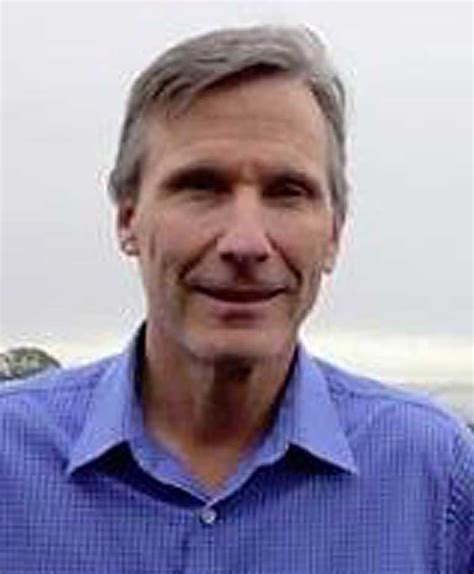A Quote by Paul Kagame
The situation in Congo shows nothing for which you could hold Rwanda responsible.
Related Quotes
I chose Congo in order to become close to a place that we had turned away from. It isn't present in our imaginations, in the stories we tell each other. Yet it's relevant to our lives and to our worlds, in a practical way. Congo supplies raw materials for the things that we use on a daily basis. We are intimately linked to Congo, economically. We're linked to it through human events that are occurring there, that affect all of us, and yet you don't find narratives of Congo present in our lives.
'Perfection' to me is, I walk away from a situation and say, 'I did everything I could do right there. There was nothing more that I could do.' I was a hundred percent, like the meter was at the top. There was nothing else I could have done. You know? Like, I worked as hard as I possibly could have. That's perfection.
What I really intend to achieve is to be that fly on the wall, and to try and observe as much as I can without affecting what I've seen. I want to get a sense that what I'm seeing in a place would have happened had I not be there. Were I to make myself an important presence, that would be lost. The danger of a certain other kind of reporting is that people give you what they think you are seeking. People know what you want. When I was traveling in Congo and Rwanda and people asked me what I wanted, I would say, "Nothing. I just want to be here." And that immediately disarmed them.
I am not responsible for creating an opposition, neither am I responsible for appointing my own successor. My job is to allow for the opposition to exist within what the realms of the law. There is space in Rwanda for political parties - if fact we have about a dozen of them - as long as their objective is not to take us back twenty two years. On that point, we are and will always be very vigilant.




































